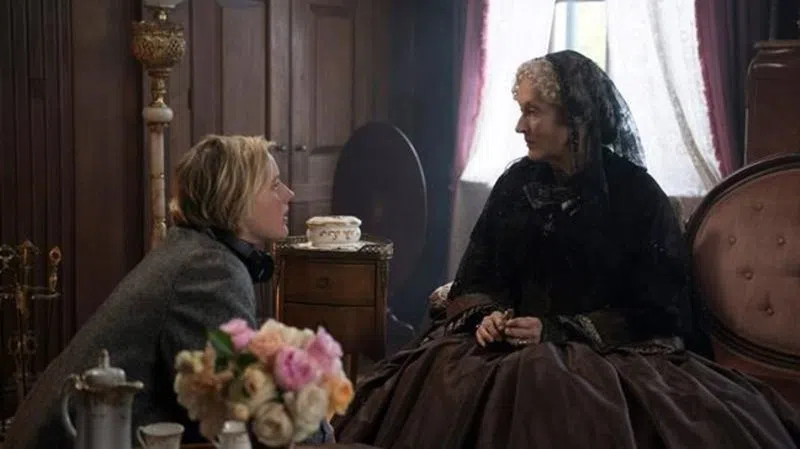
Study finds 2019 was a ‘banner year’ for female filmmakers
NEW YORK — Lulu Wang, Lorene Scafaria, Melina Matsoukas and Greta Gerwig led Hollywood to a record year for women in the director’s chair. In 2019, women directed more of the most popular movies than any year before.
Women directed 12 of 2019’s top 100-grossing films in 2019, according to a study released Thursday by USC Annenberg Inclusion Initiative. That percentage of female filmmakers, 10.6%, is greater than researchers have recorded before, suggesting that some measure of change is finally coming to a film industry where inequality behind the camera has remained stubbornly persistent.
It’s the most meaningful increase in several decades for female directors. Despite mounting outcry, the rate of female directors helming Hollywood’s top productions has long been largely stagnant. The previous high in USC’s annual study was 8%, in 2008. In 2018, only 4.5% of the year’s top films were directed by women.
“This is the first time we have seen a shift in hiring practices for female film directors in 13 years,” said Stacy L. Smith, one of the study’s authors. “One notable reason for this jump in 2019 was that Universal Pictures had five films with women directors at the helm in the top 100 movies. Yet there is still much more progress needed to reach parity for women behind the camera.”


